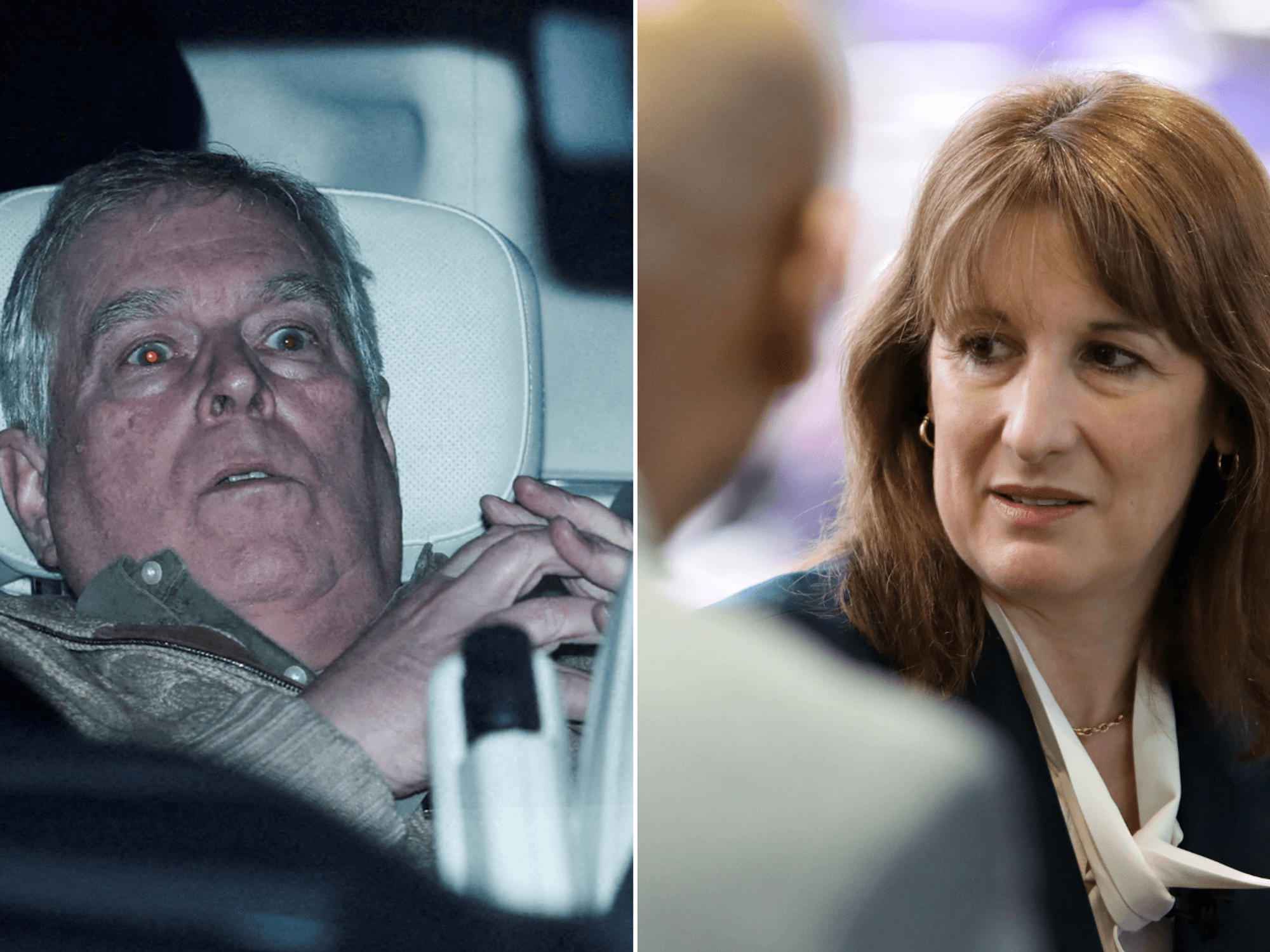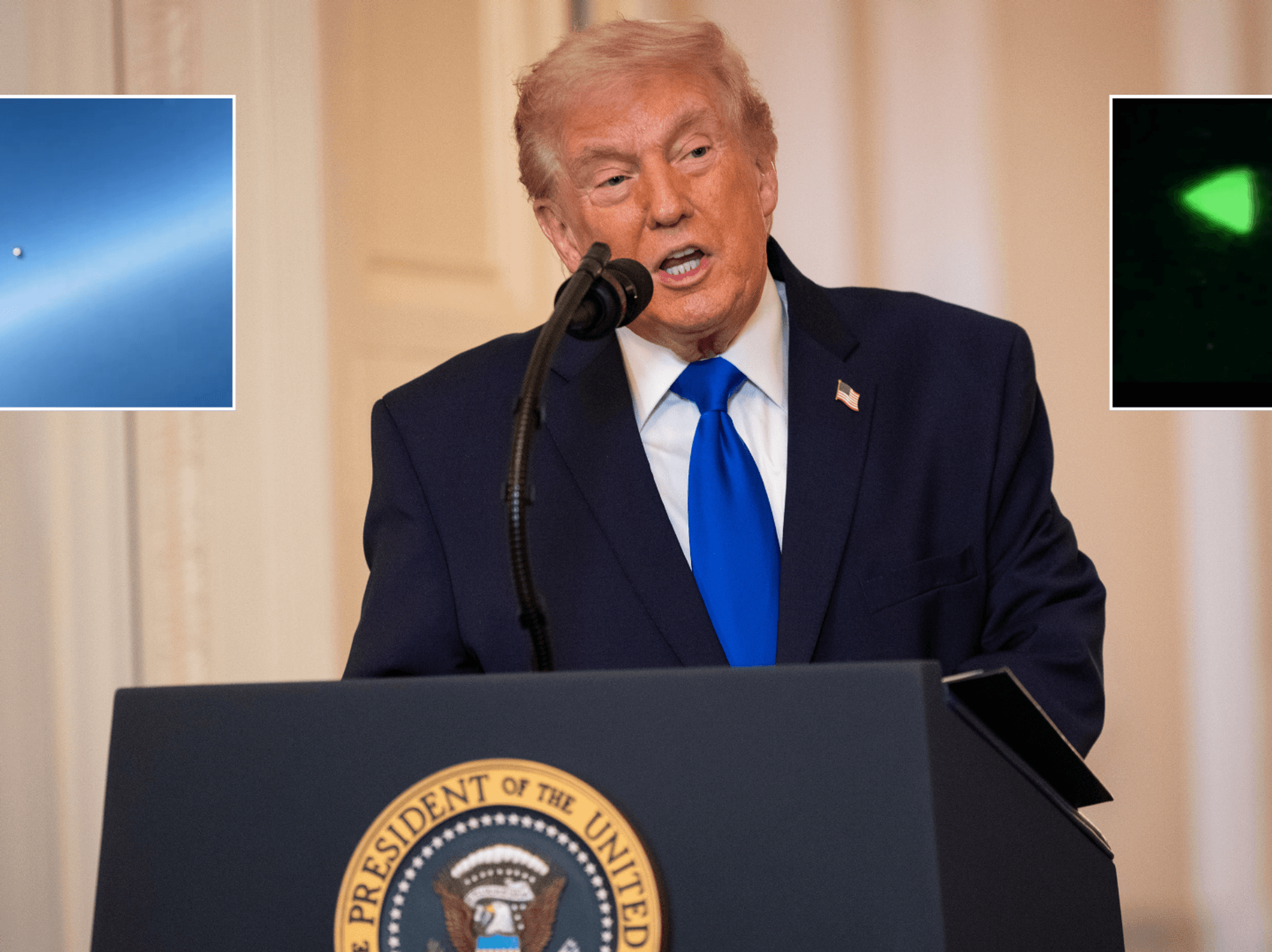Petrol and diesel vehicle ban is 'unachievable' without crucial changes to 2030 deadline
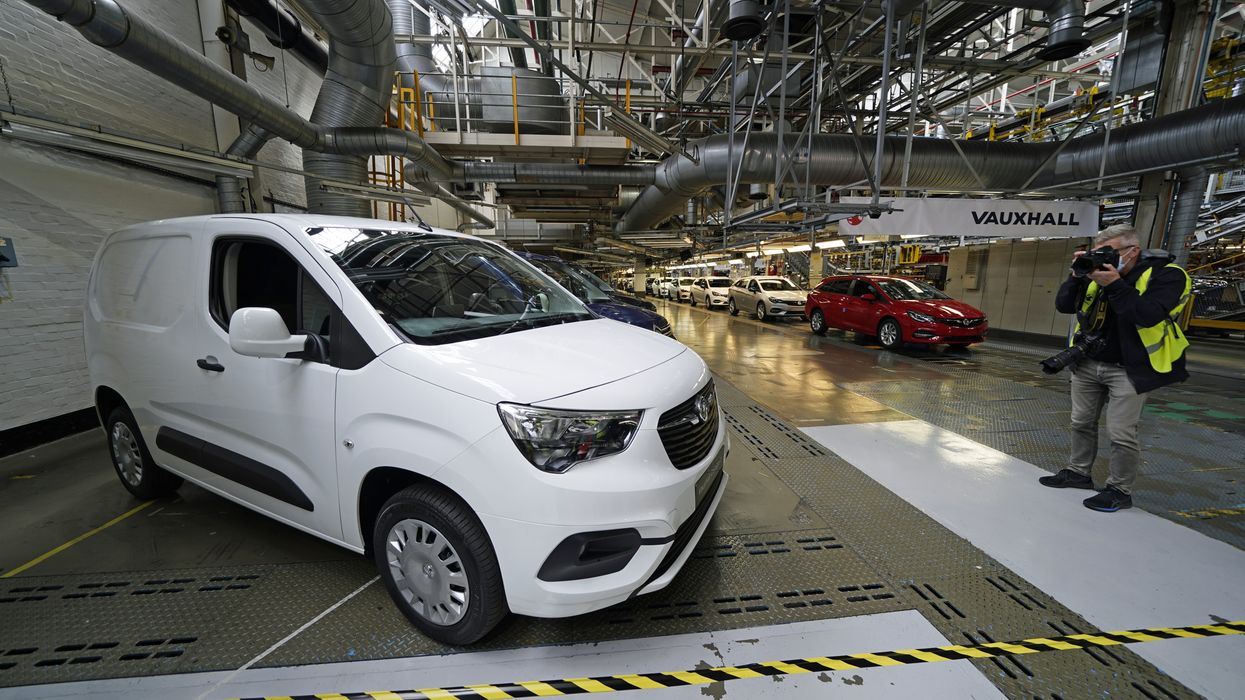
Experts have warned that electric vans need more support to meet 2030 vehicle ban deadline
| PA
An announcement on the 2035 petrol and diesel car and van ban is expected 'in due course'
Don't Miss
Most Read
Experts are warning that the UK could fail to meet its lofty 2030 targets to phase out the sale of new petrol and diesel vans, calling it "unachievable".
At present, the UK aims to ban the sale of new petrol and diesel vehicles from 2035, after former Prime Minister Rishi Sunak rolled back a number of key net zero goals last September.
This was done to give motorists the chance to invest in electric on their own terms, rather than having the Government tell them when to switch vehicles, according to Sunak.
However, deadlines could change in the near future following Labour's victory in the July General Election, after Keir Starmer's party pledged to reinstate the 2030 date to ban the sale of new internal combustion engine vehicles.
Do you have a story you'd like to share? Get in touch by emailing motoring@gbnews.uk
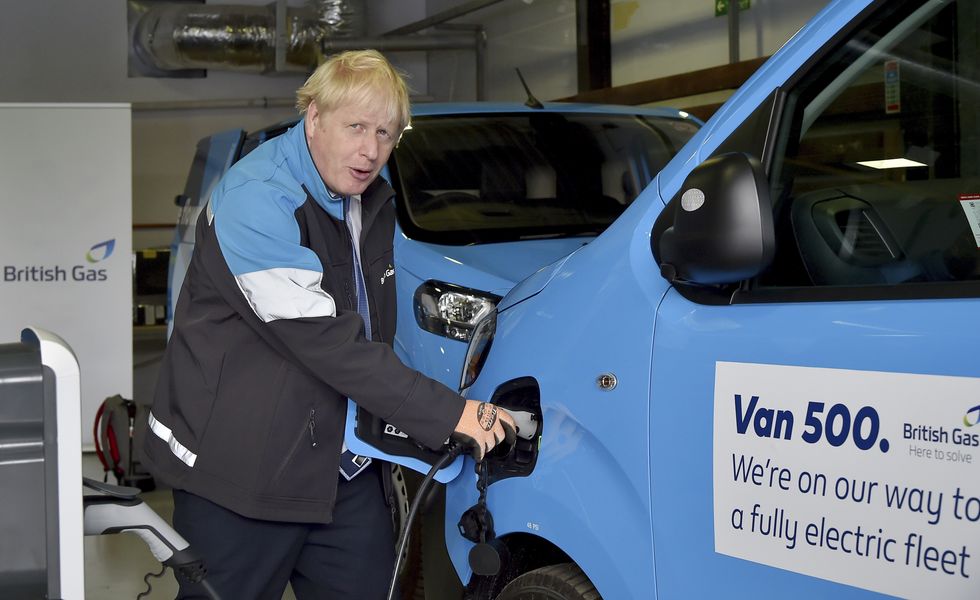
Experts are calling on the Government to introduce new measures to support electric vans
| PAA Government spokesperson previously told GB News that an announcement and further details would be set out "in due course".
They added: “We’re committed to delivering greener transport by supporting the transition to electric vehicles.
“We will provide certainty to manufacturers by restoring the 2030 phase-out date for new petrol and diesel cars, and are committed to accelerating the rollout of electric vehicle charging infrastructure."
Despite this, experts said the ban of new ICE vans could be "unachievable" given that there has not been any guidance for how vans would play a role alongside a car ban.
Gerry Keaney, chief executive of the BVRLA, said major changes needed to take place, hinting that a Department for Transport consultation is expected to take place in late September.
According to Keaney, the consultation will focus on defining what specifications a car or van must have to be categorised as a "hybrid" to allow it to be sold between 2030 and 2035.
He added: "The ZEV mandate timetable and 2030 Phase Out target for cars present a major risk unless we see much greater Government support to stimulate new and used BEV demand and better charging infrastructure.
"When it comes to electric van adoption, the lack of suitable BEV LCV product in – or about to hit – the UK market means the fleet sector will not be able to reach a 2030 Phase Out target."
Data from the Society of Motor Manufacturers and Traders (SMMT) found that the demand for electric vans dropped 14.6 per cent in July, highlighting the need to roll out more van-suitable chargers.
A total of 28 electric vans and larger vehicles are now available on the UK market - up from 25 last year - which provide "competitive payloads and ranges".
Since January, battery electric vehicles have accounted for just over five per cent of all new vans.
In comparison, electric car volumes were up 18.8 per cent, resulting in an overall market share of 18.5 per cent - higher than hybrids and diesel vehicles.
LATEST DEVELOPMENTS:
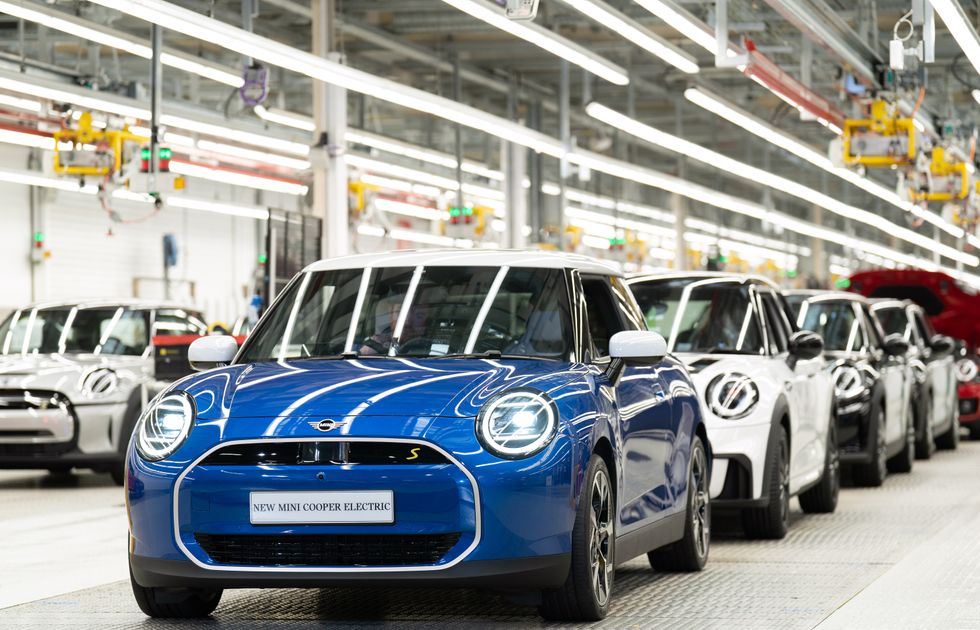
22 per cent of new car sales will need to be electric by the end of the year
| PAIn the year to date, battery electric vehicles account for 16.8 per cent of the new car market, according to the SMMT.





